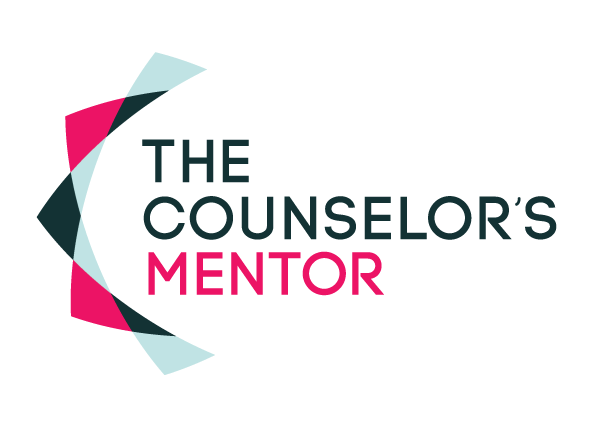After graduate school, if you’re looking to pursue your clinical license, the first big step is how to find the right clinical supervisor to start your hours. Simple, right? Not always. Many of us leave grad school with little direction on where to begin.
This guide will walk you through the process of finding and securing a clinical supervisor so you can begin working toward your associate license.
Step 1: Start Looking Early
In the first few months after graduation, begin exploring potential supervisors. Ask colleagues, classmates, or professors for recommendations. You can also search online directories like Psychology Today and filter for professionals with an “S” at the end of their license (for example, LPC-S).
Whenever possible, look for supervisors who specialize in the areas you want to grow in. For instance, if you’re interested in trauma work, prioritize supervisors with trauma expertise.
Step 2: Reach Out (Keep It Simple)
Don’t overthink your initial outreach. A simple, respectful introduction is all you need.
Here’s a sample email you could send:
“Hello Mr. Rivera, I hope this email finds you well. My name is Sarah Jones, and I was referred to you by a colleague who spoke highly of your supervision services. I recently graduated with my master’s in counseling from the University of Texas at San Antonio. I have passed the NCE and am now seeking a clinical supervisor to begin my licensing hours. My internship site has offered me a potential position once I obtain my associate license. Are you currently accepting new associates? If so, I would love the opportunity to meet with you to see if we might be a good fit. Thank you for your time and consideration.”
Short, professional, and to the point. That’s all it takes.
Step 3: Prepare for the Meeting
If the supervisor agrees to meet, take time to prepare. Arrive with confidence, ready to ask thoughtful questions such as:
-
-
How long have you been providing supervision?
-
What does your supervision style look like?
-
Do you offer individual, triadic, or group supervision?
-
Are sessions in person, virtual, or both?
-
What is your fee structure?
-
This meeting is not just about them evaluating you—it’s also about you deciding if they’re the right fit for your professional growth.
Step 4: Timing Matters
Many eager associates reach out too soon—even before graduation. While enthusiasm is great, it’s best to wait until you’re within one to two months of being ready to start supervision. This ensures schedules align and that you don’t lose momentum waiting.
Final Thoughts
Learning how to find the right clinical supervisor may feel overwhelming, but it doesn’t have to be. By starting your search early, keeping your outreach simple, and preparing well for meetings, you’ll set yourself up for success. Remember—this is the person who will help shape your clinical foundation. Choose someone you feel comfortable with, someone who challenges you, and someone who can help you grow into the professional you’re meant to be.

